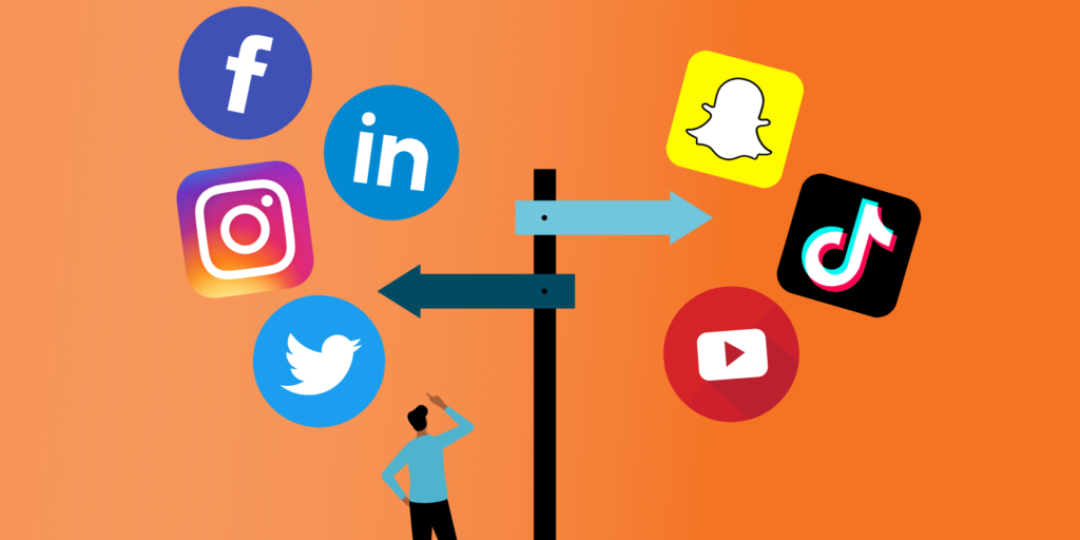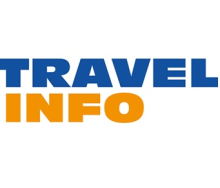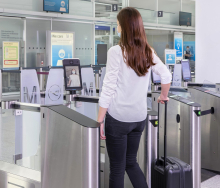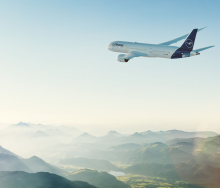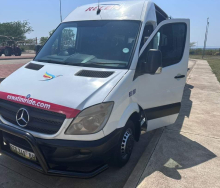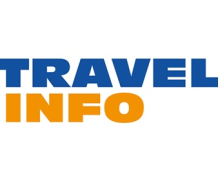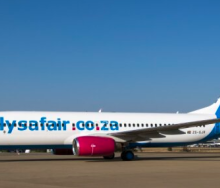Social media has become a cornerstone of effective marketing for travel agencies.
And when used strategically, these platforms engage existing clients and capture new market-share, Kim Taylor, Associations Director at Big Ambitions Marketing told Travel News.
Travel News recently ran a poll asking travel agents which social media platforms they used most to promote and grow their business.
Facebook came out on top (36%), followed by Instagram (16%), LinkedIn (10%) and TikTok (3%). X (formerly Twitter) received zero votes.
The fact that 36% of readers said they did not use social media, does not necessarily mean that those readers are stuck in the past. Taylor pointed out that the poll results might include respondents from travel consortiums or host companies whose businesses do the social media work on behalf of the members.
“Smaller, independent travel agencies often rely on social media as their primary marketing tool, mainly due to tight budgets and limited time. In contrast, larger companies may have dedicated marketing teams supporting broader digital strategies, including social media,” Taylor noted.
Danielle Lubbe, Marketing Co-ordinator at WOLO Travel, told Travel News that social media was crucial for that company.
“For a relatively new travel agency, it boosts our brand awareness, drives enquiries and provides a dynamic platform for us to showcase our range of travel packages. Through engaging visual content, we can connect with both potential and existing customers ensuring we remain relevant and top of mind in the digital space.
“Facebook is our largest and most important platform for driving enquiries. Instagram, a visual platform, is ideal for building brand awareness, sharing video content, and providing inspirational content,” said Lubbe.
Taylor provided the following social media ‘tips and tricks’ for travel agents:
-
Define your social media goals and choose platforms that align with your target audience. Not all platforms suit every business; research which ones resonate with your customers. For instance, Facebook might be more effective for an older demographic than TikTok.
-
Common objectives include building awareness, engaging customers, generating leads, driving website traffic and promoting products. Social media also offers valuable customer insights, enabling data-driven decisions about your offerings.
-
Ensure your social media pages are fully optimised to build trust and credibility. Develop a monthly content plan that could include customer testimonials, promotions, team introductions, travel tips and destination inspiration.
-
Post regularly with diverse, informative and authentic content. Engage in two-way communication by asking questions and responding promptly to followers.
-
Try and understand customer pain points, which can be transformed into powerful social media content. For example, if a common question your business receives is about passport validity, you can use this as part of a social media campaign such as ‘Travel Tip Tuesdays’, where you share answers to common questions your business receives. Not only is this helpful to your existing customers, but will attract new customers who view your content as helpful and position your business as experts or thought leaders.
-
Use clear calls to action, such as 'Enquire Now' or 'Subscribe to Our Newsletter', to build a loyal following.
-
Building a strong presence takes time, consistency and creativity. Monitor statistics and audience engagement, using targeted campaigns if posts aren't reaching intended markets. This approach is particularly effective for promoting travel specials and measuring success.
-
Travel agencies may need to collaborate with suppliers and destinations for compelling images and footage to support their efforts.
“Remember, social media is a powerful tool for gathering customer feedback and showcasing your expertise. With a thoughtful strategy, it can significantly enhance your agency's online presence and customer relationships,” highlighted Taylor.
She did, however, caution that while embracing social media, travel agents should not neglect traditional, proven communication methods with their existing database. She said emailing newsletters and personalised outreach remained effective for engaging loyal customers.
“Agents should look beyond conventional social media platforms to build a loyal following. Consider WhatsApp updates, status messages and channels where your community can easily access exclusive offers or follow your real-time travel updates.”
She added that travel agencies must remain vigilant about data protection regulations and social media platform policies in their digital marketing efforts.
“It is crucial to understand and comply with both local and international privacy laws, including the Protection of Personal Information Act (POPIA) for businesses operating in or with South African customers. Equally important is adherence to the specific terms of use for each social media platform utilised.
“Compliance with these regulations not only ensures legal protection for the business but also enhances customer trust and helps avoid potential penalties and reputational damage,” Taylor concluded.
